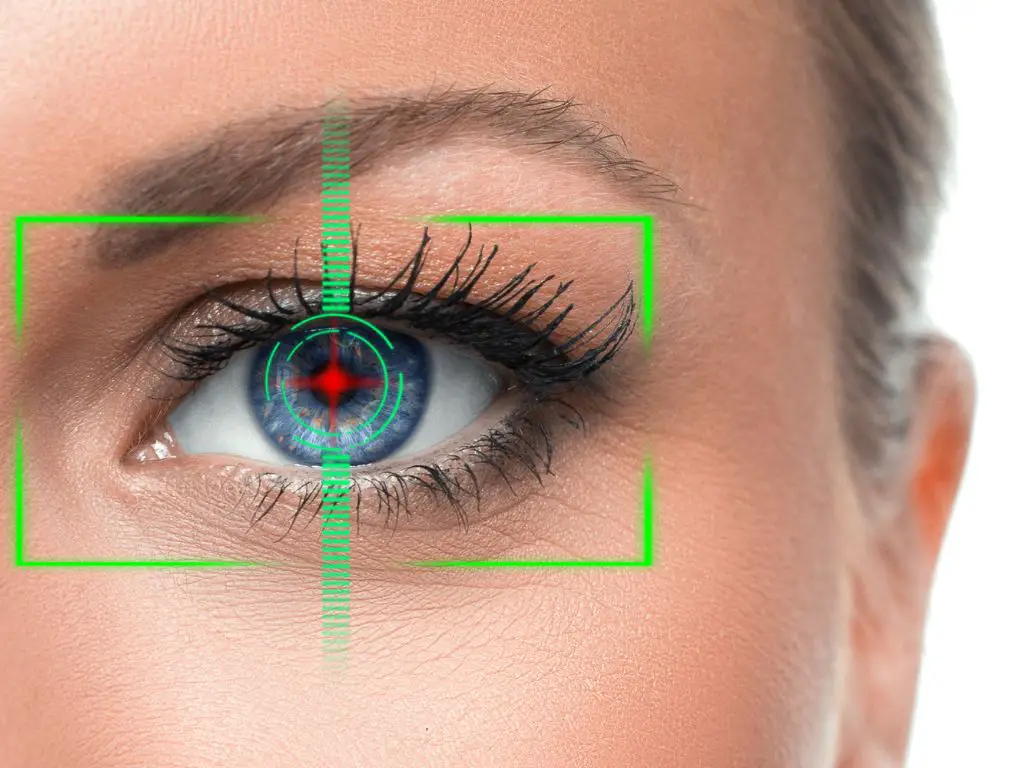Eye movements can provide clues about how we make decisions because they can reveal what information we are processing and prioritizing at any given moment. For example, when we are making a decision, our eyes may tend to focus on relevant information and avoid irrelevant information. Additionally, our eyes may move back and forth between different pieces of information as we weigh the pros and cons of different options. This can help us to better understand the decision-making process and potentially improve it.
The Secrets of Decision-Making with Eye Movements
Eye movements can hold important clues about how we make decisions. Our eyes are constantly moving, even when our attention is focused on a single task. These movements, known as eye tracking, can provide valuable insights into the decision-making process.

When we are faced with a decision, our eyes tend to focus on relevant information and avoid irrelevant information. This is because our brains are constantly processing and prioritizing the vast amount of information that we encounter in our daily lives. By focusing on relevant information, we are able to more easily weigh the pros and cons of different options and make a more informed decision.
Additionally, our eyes may move back and forth between different pieces of information as we consider different options. This is known as fixation, and it can provide clues about how we are weighing the importance of different factors in our decision-making process. For example, if we are trying to decide between two different job offers, our eyes may move between the salary and benefits offered by each company as we consider which offer is more attractive.

Eye movements can also provide insights into how we process and respond to emotional information. When we encounter something that evokes an emotional response, our eyes may move in a different pattern than when we are processing non-emotional information. This can provide clues about how our emotions influence our decision-making process and potentially help us to make more rational decisions.
Overall, understanding eye movements can provide valuable insights into how we make decisions. By tracking and analyzing eye movements, researchers and decision-makers can gain a better understanding of the decision-making process and potentially improve it.
What is eye movement theory?
Eye movement theory is a branch of psychology that studies how the movements of our eyes are related to various mental processes. This includes how we process and prioritize information, how we make decisions, and how we respond to emotional stimuli.
🔬 Subscribe to SciMail
Get the latest science discoveries straight to your inbox!

One of the key aspects of eye movement theory is the concept of fixation, which refers to the way our eyes move back and forth between different pieces of information when we are trying to make a decision. By analyzing fixation patterns, researchers can gain insights into how we weigh the pros and cons of different options and make decisions.
Another important aspect of eye movement theory is the relationship between eye movements and emotional processing. Research has shown that our eyes tend to move in different patterns when we are processing emotional information, compared to when we are processing non-emotional information. By studying these patterns, researchers can gain a better understanding of how our emotions influence our decision-making and other mental processes.
Overall, eye movement theory provides a valuable framework for understanding how our eyes are related to various mental processes, and how we can use this knowledge to improve decision-making and other cognitive functions.
Does eye movement indicate intelligence?
There is no direct relationship between eye movement and intelligence. Intelligence is a complex concept that is difficult to measure and is not solely determined by any single factor.

While some research has suggested that certain eye movements may be related to cognitive processes such as attention and decision-making, there is no evidence to suggest that eye movements can accurately predict intelligence. Additionally, the relationship between eye movements and cognitive processes is not well understood, and more research is needed to fully understand the potential connections between these factors.
In general, it is important to remember that intelligence is a multifaceted concept, and no single factor such as eye movement can accurately predict it.


Leave a Reply